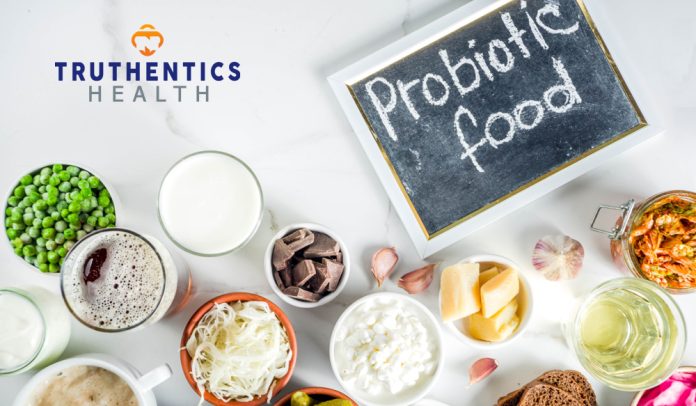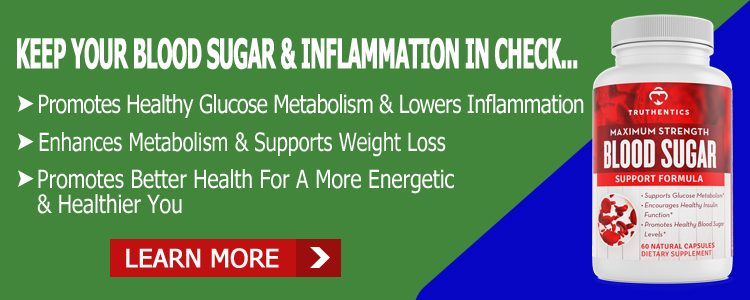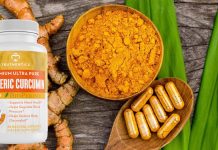Belly bloat and carrying excess weight in your midsection isn’t good for your health. This extra stored fat in the belly has been associated with a higher risk of developing heart disease, high blood pressure, diabetes and even stroke. However, it is possible to achieve a flatter stomach. One way is making probiotics an important part of your diet.
Probiotics are a class of microorganisms that are beneficial for human health. Though they reside in the gut, stomach and intestines of our bodies, they can be ingested from an outside source, e.g. food. Some important sources of probiotics include yogurt, pickle, kefir, kimchi and sauerkraut.
Probiotics crowd out the harmful bacteria and play an important role to lower your sugar levels and improve insulin resistance.
This can be understood in three ways.
1. Lowering insulin levels
Talking about high blood sugar levels and not understanding the role of insulin would be unfair. Insulin is the hormone that uptakes glucose AKA sugar molecules from the blood to the cells. It means it is the insulin that ensures a lower amount of sugar in the blood. High blood sugar levels are the result of either an absence of insulin or your body not listening to the instructions of insulin.
However, probiotics can help to manage your sugar levels into the normal range. Probiotics trigger the release of a hormone called incretin, which works to raise the levels of insulin instantly after the meals. With insulin getting increasing, glucose gets lower and better management of blood sugar occurs, with less opportunity to store fat.
2. Lowering Cholesterol Levels
With high blood sugar levels comes the accumulation of cholesterol in the blood. Just as high blood sugar is undesirable, so is a high amount of cholesterol in the blood. It impedes the blood flow towards the heart, which deprives the heart of the oxygen resulting in heart attacks.
Including probiotics in your diet can help you have lower cholesterol in the blood, have a healthier heart, and can help hinder weight gain.
3. Lowering Inflammation
High blood sugar levels can also affect your immune system. It alters the functioning of white blood cells, resulting in inflammation. Inflammation, if left untreated, impairs the functioning of insulin to the extent that leads to diabetes type-2.
Fortunately, the induction of probiotics in your diet can curb the inflammation by boosting the function of natural antioxidants therefore, preventing spikes in blood sugar levels, and fat storage.
However, it is advisable to check with your physician before you make any drastic changes in your diet.
References
Diabetology & Metabolic Syndrome Journal. 2019. Probiotic assisted weight management as the main factor for glycemic control in patients with type 2 diabetes: a randomized controlled trial
https://dmsjournal.biomedcentral.com/articles/10.1186/s13098-019-0400-7
Science Direct. 2016. Effect of probiotics on glucose metabolism in patients with type 2 diabetes mellitus: A meta-analysis of randomized controlled trials
https://www.sciencedirect.com/science/article/pii/S1010660X15001147
NCBI. 2015. Intake of Lactobacillus reuteri improves incretin and insulin secretion in glucose-tolerant humans: a proof of concept.
https://www.ncbi.nlm.nih.gov/pubmed/26084343
Rich Farina, M.S. is a Metabolic Health and Conditioning Specialist with over 30 years of experience helping thousands of individuals lose weight, rebuild their metabolisms, and improve their health in his Metabolic Testing & Weight Loss Centers.
He holds both Bachelor of Science and Master of Science degrees in Exercise Physiology and Public Health respectively and is a passionate advocate of using proven, scientific principles in his approach to exercise and nutrition.
He is a contributing author, professional speaker, and advisor on topics that include weight loss, human performance, and medical fitness.
He continues his deep-seated passion to help people improve their health and longevity through his own line of premium, all-natural nutritional supplements called Truthentics™. The Truthentics™ brand of nutritional supplements is specifically designed to help people compensate for nutritional deficiencies and bring their bodies back into balance.










